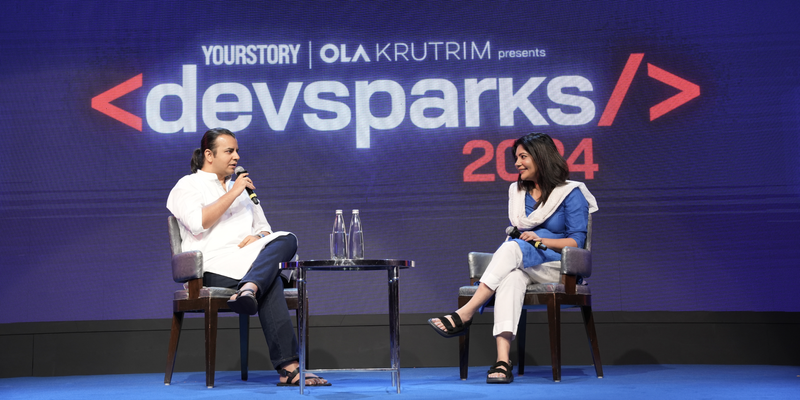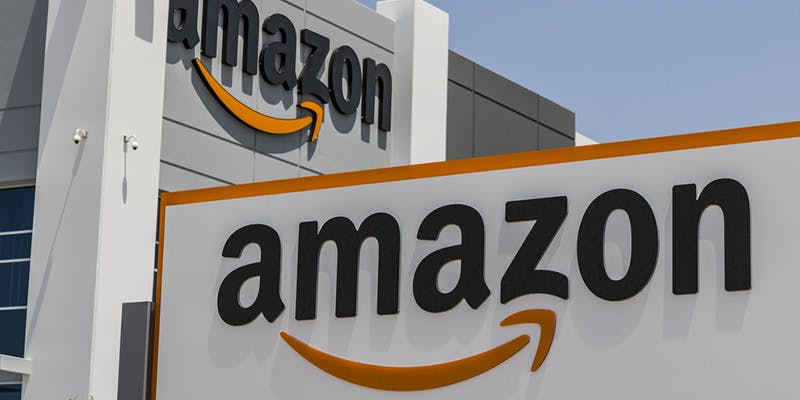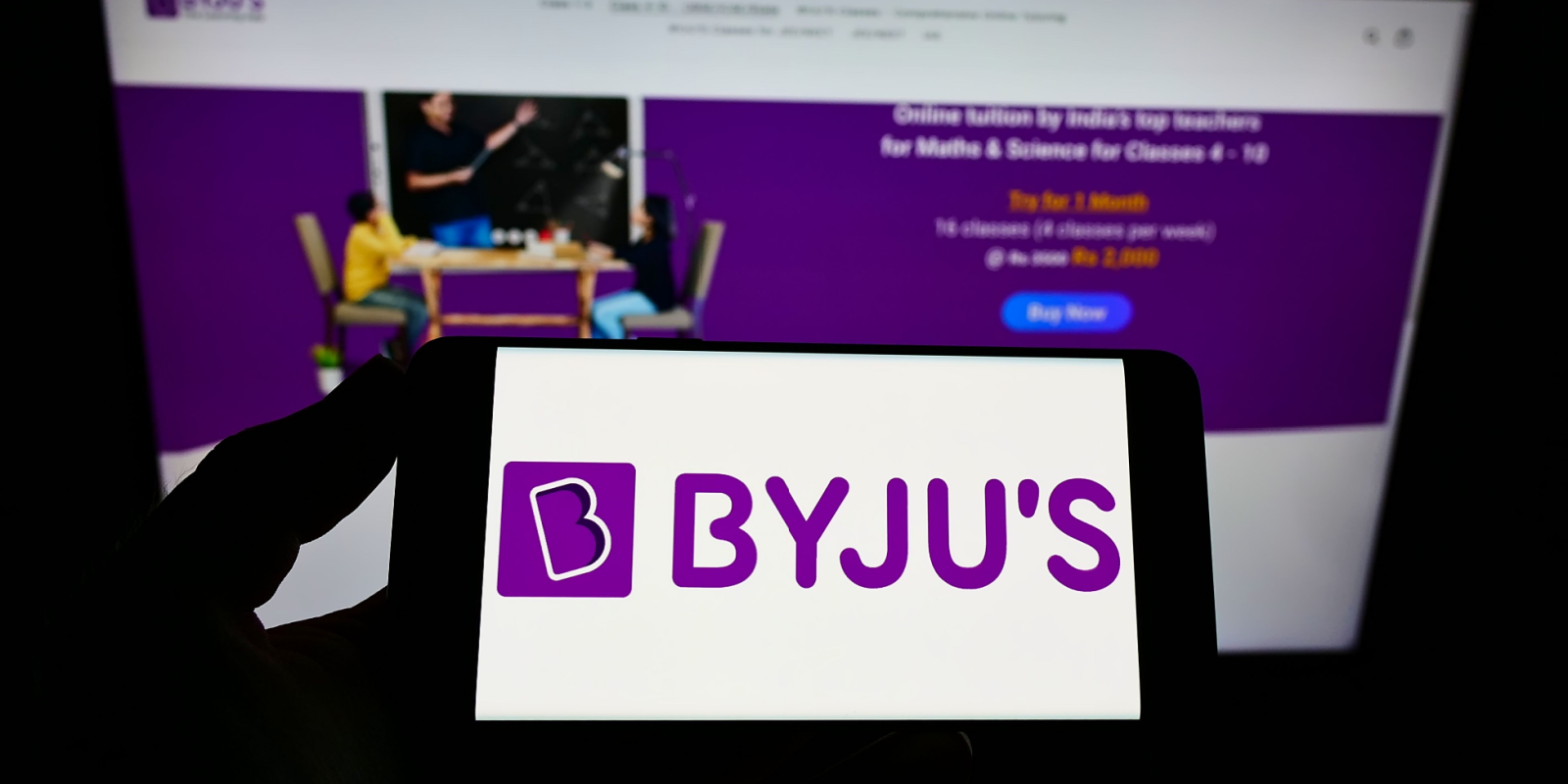How Noida’s Wat-a-Burger opened 60 outlets across 16 cities in just over four years
The burger chain founded by Farman Beig and Rajat Jaiswal offers Indian consumers a taste of fusion burgers in a market dominated by US fast food chains.
What happens when an information technology professional and a pilot come together? A homegrown burger chain is born.
Farman Beig and Rajat Jaiswal founded Wat-a-Burger in 2016 to offer Indian consumers a taste of fusion burgers in a market dominated by US fast food chains and Burger King with their international and desi flavours.
Since opening the first outlet in Noida Sector 18, Wat-a-Burger has scaled up to more than 60 joints across 16 cities in over four years. This includes Delhi, Bengaluru, Hyderabad, Ghaziabad, Vadodara, Ahmedabad, Guwahati, Lucknow, Chandigarh, Gorakhpur, Faridabad, Ranchi, Jhansi, and Srinagar.
Starting a business was always on Farman and Rajat’s minds.
“Rajat and I both have business acumen,” says Farman, who has an IT background. “While I was in England pursuing my MBA and Rajat was undergoing pilot training, we knew that once we were back in India, we would set up a business together.”
The stats also did the talking.
“India has a population of 1.3 billion and if we cater to even one percent, that’s 13 million people,” says Farman. “Besides, the burger is a ‘people’s choice’ food. There are not many who don’t not like burgers, so we targeted that category.”
On average the fast-food chain serves more than 80,000 customers every day. The business clocked a turnover of Rs 39 crore in FY20.
According to the chain, its best-selling items are the paneer chilli burger and desi street-style burger in the vegetarian section, and the peri-peri chicken burger, chicken makhani burger, and crunchy double chicken burger on the non-vegetarian menu.
The burger-making process
Wat-a-Burger’s desi recipes are suited for Indian palates, says Farman.
The founders work closely on the recipes with the head chef. Tasting sessions are held to decide the ingredients, how the burger should be presented, and even its name.
The emphasis is on original Indian recipes, not tweaking existing flavours, he says.
The brand has a production centre in Noida and ingredients such as bun, patty, sauces, and vegetables are assembled in the stores.
“We send the burger buns from Noida to different parts of the country where we have our outlets,” says Farman. “This enables us to adhere to our standards and ensure that burgers in each of our stores have a similar taste and quality.”

Wat-a-Burger's aaloo achaari burger and BBQ chicken sandwich
The founders have put a team mechanism in place to check quality and taste.
Local vendors contracted by Wat-a-Burger supply perishable ingredients such as paneer and their quality is checked before use, he says.
Wat-a-Burger has 24 stock-keeping units including burgers, sandwiches, shakes. Its burgers are priced in the range Rs 40-200.
The initial hustle
In a market dominated by global fast food companies for years, Wat-a-Burger had to hustle quite a bit initially to draw in customers.
The brand had set up its first outlet right across from that of McDonald’s. “We knew we would get walk-in customers from there, but attracting them was a little tough,” recalls Farman.
So, Wat-a-Burger’s staff would offer passersby and even those stepping out of McDonald’s samples of the burgers on toothpicks.
“We told our executives to ensure that everyone tastes the burger bites,” says Farman. “If they (potential customers) liked them, they could order a burger. However, after having a full burger, if they didn’t like it, they would get a full refund, no questions asked.”
The brand employed this strategy for two months. There was no complaint about the food and this boosted confidence, says Farman.
India’s food service market is forecast to reach $95.75 billion by 2025, at a compound annual growth rate of 10.3 percent during 2016-2026, says a report by Mordor Intelligence. The quick-service format, in which Wat-a-Burger operates, accounts for a significant portion of this market.
Breaking into this format populated by global brands, as well as some local companies, was a challenge for Wat-a-Burger. However, by focusing on original Indian recipes, the brand has been able to carve a place for itself, says Farman.
Scaling up quickly
Following the first outlet in Noida Sector 18 and the second one in Sector 76, Wat-a-Burger opened a franchise store in Gurugram.
Farman says the company has scaled up quite fast under the franchise model.
“We have franchised more than 45 outlets in the last three years,” he says and claims that the figure is more than that of any other homegrown burger brand.
Wat-a-Burger is bootstrapped till now and the founders have invested close to Rs 3.6 crore to scale the brand. Initially, they put in Rs 10 lakh to launch the first outlet.
Apart from international fast-food chains operating in India, Wat-a-Burger’s local competitors include Burger Singh and The Burger Club.
Farman says Wat-a-Burger is profitable except when its restaurants were shut during the nationwide lockdown to curb the spread of COVID-19 last year.
New targets
Wat-a-Burger aims to service more than one lakh orders daily by July 2021.
Farman says the company is in talks with investors to put in close to $1 million in the next fiscal. It is also aiming for 100 outlets across India and plans to explore the Maharashtra region for expansion.
The brand is also looking to launch a burger priced as low as Rs 19 to target the teenage group.
Edited by Lena Saha












